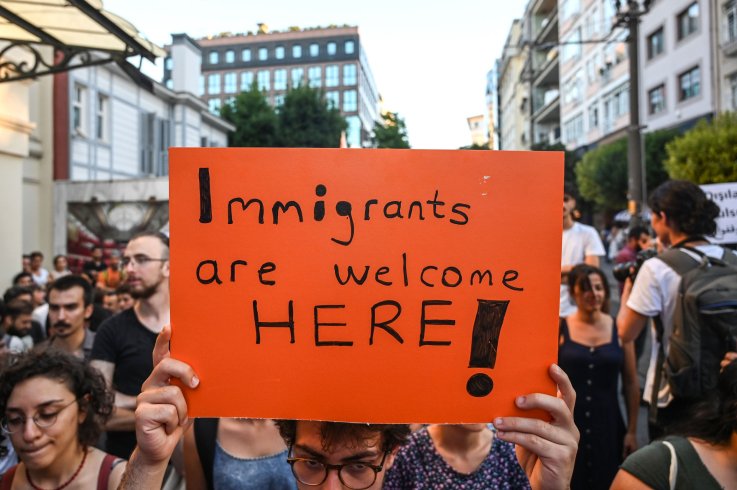Workers at a car wash in Elizabeth, New Jersey, are reportedly filing a lawsuit against their employer, alleging that they have been underpaid for years, in addition to being refused pay for hours worked overtime.
In a statement provided to local news outlet NJ.com by New York attorney Steven Arenson, the eight workers say their employer, Caribbean Car Wash, paid them less than $5 an hour, while also denying them any overtime pay—despite the employees working 11-hour days as many as six or seven days a week.
“Unfortunately, many workers don’t know their rights and are afraid of being fired if they speak up,” Arenson said in a statement shared on Monday.
“The law protects workers who have been paid illegally, regardless of their immigration status, and New Jersey’s new law is designed to protect precisely the kind of low-wage, vulnerable workforce exploited in this case,” he said.
While New Jersey’s minimum wage recently rose to $10 an hour for most workers, it is expected to rise again to $15 by 2024.
Yet workers at Caribbean Car Wash were paid less than half of the current minimum wage.
In their lawsuit, they are reportedly seeking unpaid wages and compensation for hours worked overtime.
The legal action comes after Lt. Gov. Sheila Oliver signed a bill earlier this month cracking down on employers who fail to pay proper wages.
Aimed at combating “wage theft,” the Democratic-sponsored legislation increases damages and fines against employers caught failing to pay wages or overtime, as well as providing benefits, to workers who are owed money.
In addition to increasing punishments for employers who fail to pay employees on time, the bill also allows workers to pursue unpaid wages dating as far back as six years. Under previous laws, the cap was set at the two-year mark.
“We want to send a message to employers—the bad employers: That in New Jersey, we are not going to tolerate the exploitation of any worker,” Oliver said after signing the bill.
In a separate statement, State Senate Majority Leader Loretta Weinberg, who sponsored the measure, stressed that “more often than not, it is those at the lowest rungs of our socioeconomic ladder that are taken advantage of by their employer.”
“It falls on us, therefore, to defend those who don’t generally have the means to defend themselves,” Weinberg said.
Newsweek has reached out to Caribbean Car Wash and Arenson’s office for comment.

OZAN KOSE/AFP/Getty

